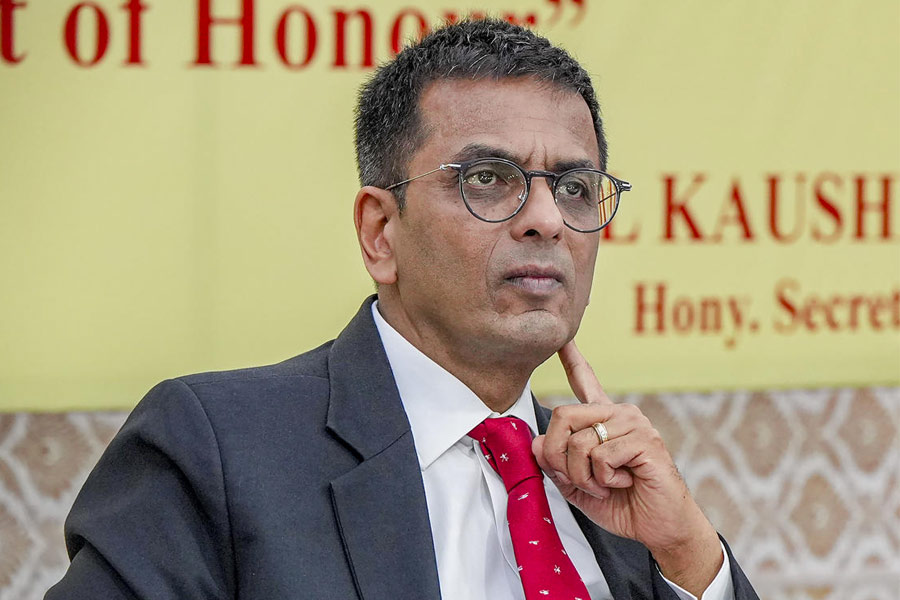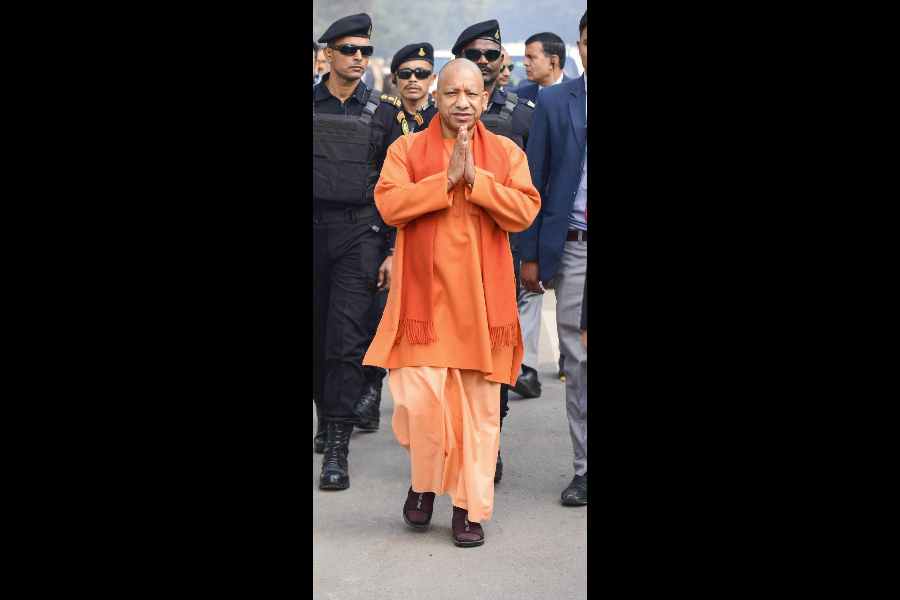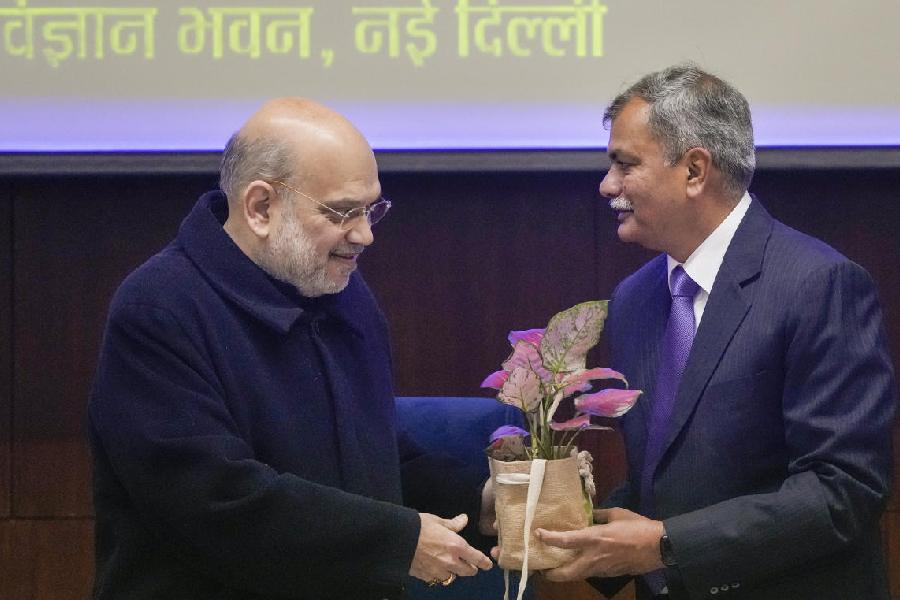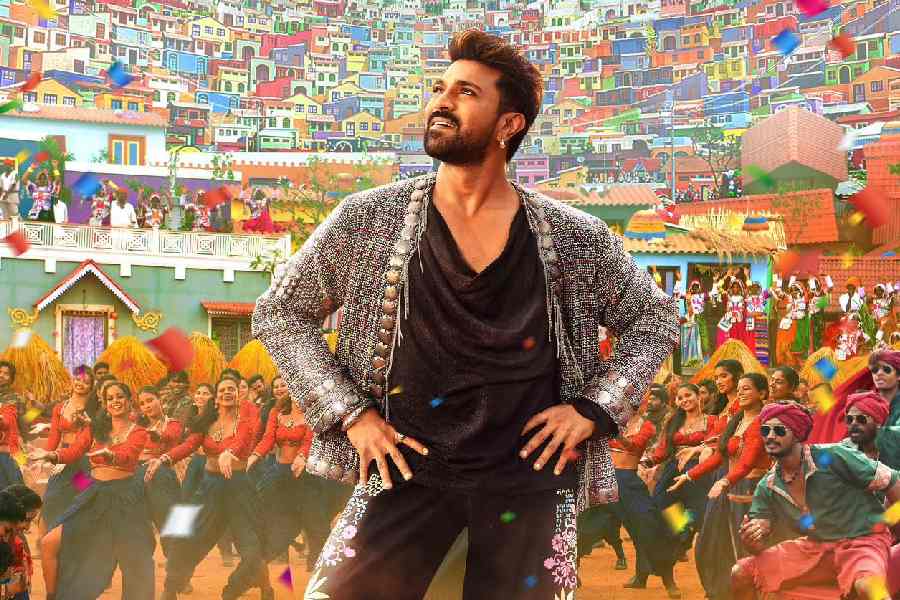Dissent and free speech are incontestable rights in a democracy, yet both can become endangered. In the K.C. Dhulia Memorial Lecture, the Chief Justice of India, D.Y. Chandrachud, said that a democracy without dissenters cannot progress. Dissent is born of an atmosphere of fierce debate. Many would be reminded that neither dissent nor debate is common now. Although democracy turns on majority rule, the CJI pointed out that so do many other kinds of government. Once again, some would be reminded of the dangers of such governments. The ‘beauty’ of democracy lies in the moral status enjoyed by its citizens because of its accommodation of various opinions. The majority would have its way, but the numerical or social minority would have the State on its side, precisely because it was weaker. The democratic State existed through constant dialogue with different points of view, including dissent. That was participative democracy, the only way for citizens to feel free.
Dissent is inextricably related to free speech, but does this mean that lying and hatred are part of it too? The CJI addressed the difficulties of upholding the related civil liberties of privacy and free speech in the digital age in the V.M. Tarkunde Memorial Lecture. The proliferation of disinformation and hate speeches threatens these liberties; the CJI’s address sought the relationship between these and also surveillance. He declared that fake news and trolling could not be included under freedom of speech. But the premise here is one of value, so the thin red line dividing these from dissent can be blurred by those wishing to cause damage. Courts across the world were trying to keep pace with technological advances in order to preserve civil rights. But it is ironical that democracy is founded on the ideas of freedom and equality. Barring anything is not easy. The faith commanded by platforms run by private companies is dangerous too: the CJI cited the United Nations’ acknowledgement of the role of social media in the ethnic cleansing in Myanmar. The difficulties that the CJI talked of will not vanish, especially if the freedom of speech is deliberately misused. Only faith in the values underlying the Constitution and a mature approach to the concept of freedom can help foil the spread of hatred and defeat disinformation.











